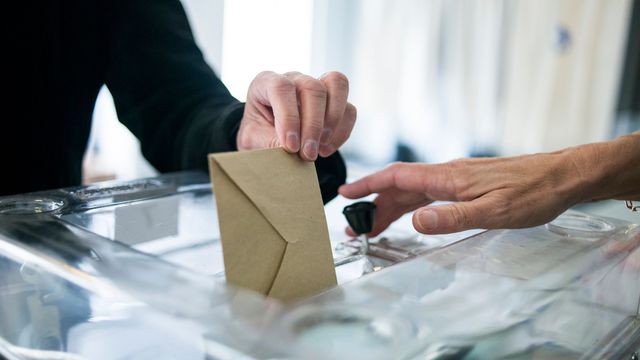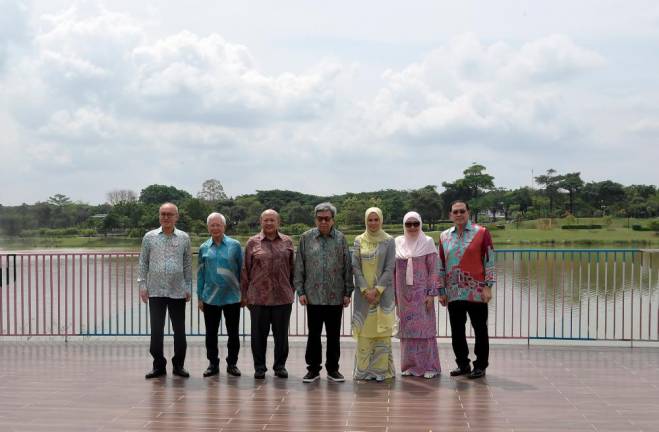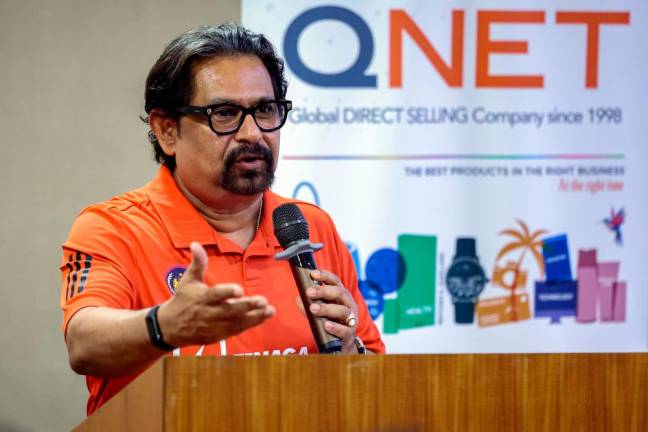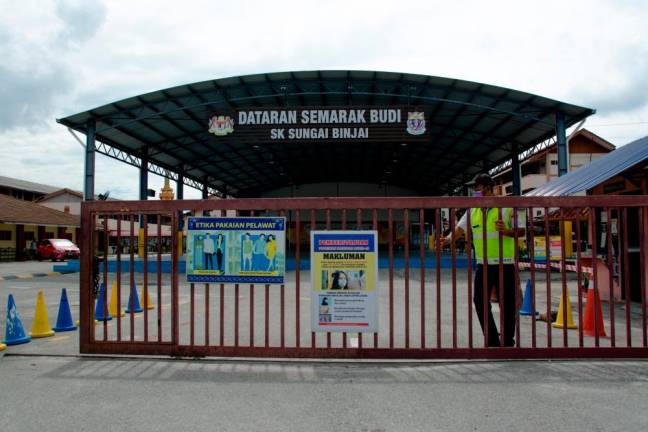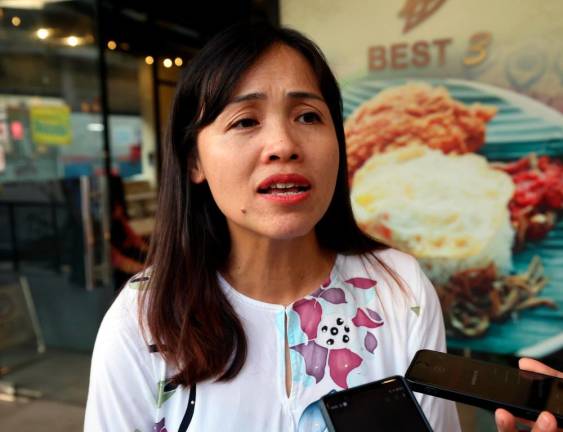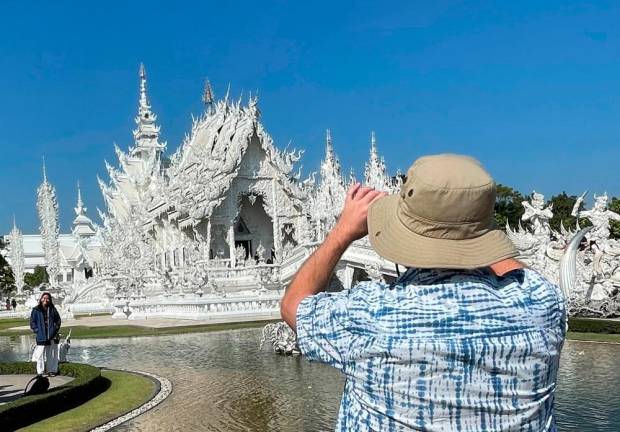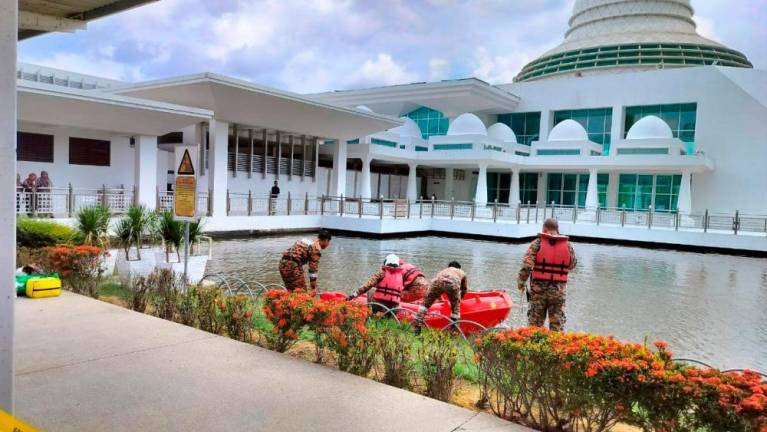TBILISI: The head of Georgia’s ruling party announced sweeping electoral reforms on Monday, meeting some of the demands expressed at the anti-government protests that have gripped the capital Tbilisi for days.
Speaking at a news conference after four days of demonstrations, Bidzina Ivanishvili announced a “large-scale political reform”.
Parliamentary elections next year will now be held under a proportional system, a key demand of protesters who said the existing system favoured Ivanishvili’s ruling Georgian Dream party.
There will also be no threshold for parties to enter parliament, said Ivanishvili.
It was unclear whether the announcement would be enough to mollify protesters, who were also demanding a snap vote and planning another demonstration for Monday night.
The protests have sparked a political crisis and raised tensions with Moscow to levels not seen in years.
They erupted after a Russian lawmaker addressed parliament from the speaker’s seat last week, a hugely provocative move for two countries whose ties remain strained after a brief war in 2008.
The rallies evolved into a broader movement against Ivanishvili, a billionaire businessman widely believed to be calling the shots in Georgia.
Demonstrators gathered in front of the imposing building of Georgia’s parliament, flooding the capital’s main Rustavi Avenue and blocking traffic.
Protest placards took aim at Ivanishvili and Russian President Vladimir Putin who, in response to the protests, banned Russian airlines from flying to Georgia and Georgian air carriers travelling to Russia.
The first day of the protests saw a violent police crackdown that left 160 demonstrators and 80 police officers injured. More than 300 people were arrested.
Media reports said that several protesters — including a 19-year-old girl — lost their sight after being hit by rubber bullets.
The Kremlin has branded the protests a “Russophobic provocation” and suspended air travel from July 8, a move criticised by many Russians who often travel to Georgia for holidays.
Relations between Georgia and Soviet-era master Russia have long been fractured over Tbilisi’s efforts to join the European Union and Nato.
The confrontation culminated in a war over Georgia’s breakaway regions of Abkhazia and South Ossetia in August 2008.
After the war, which claimed the lives of hundreds of soldiers and civilians from both sides, Moscow recognised South Ossetia and another separatist enclave, Abkhazia, as independent states where it then stationed permanent military bases.
Tbilisi and its Western allies denounced the move as an “illegal military occupation”.
The two regions constitute 20% of Georgia’s territory. — AFP



